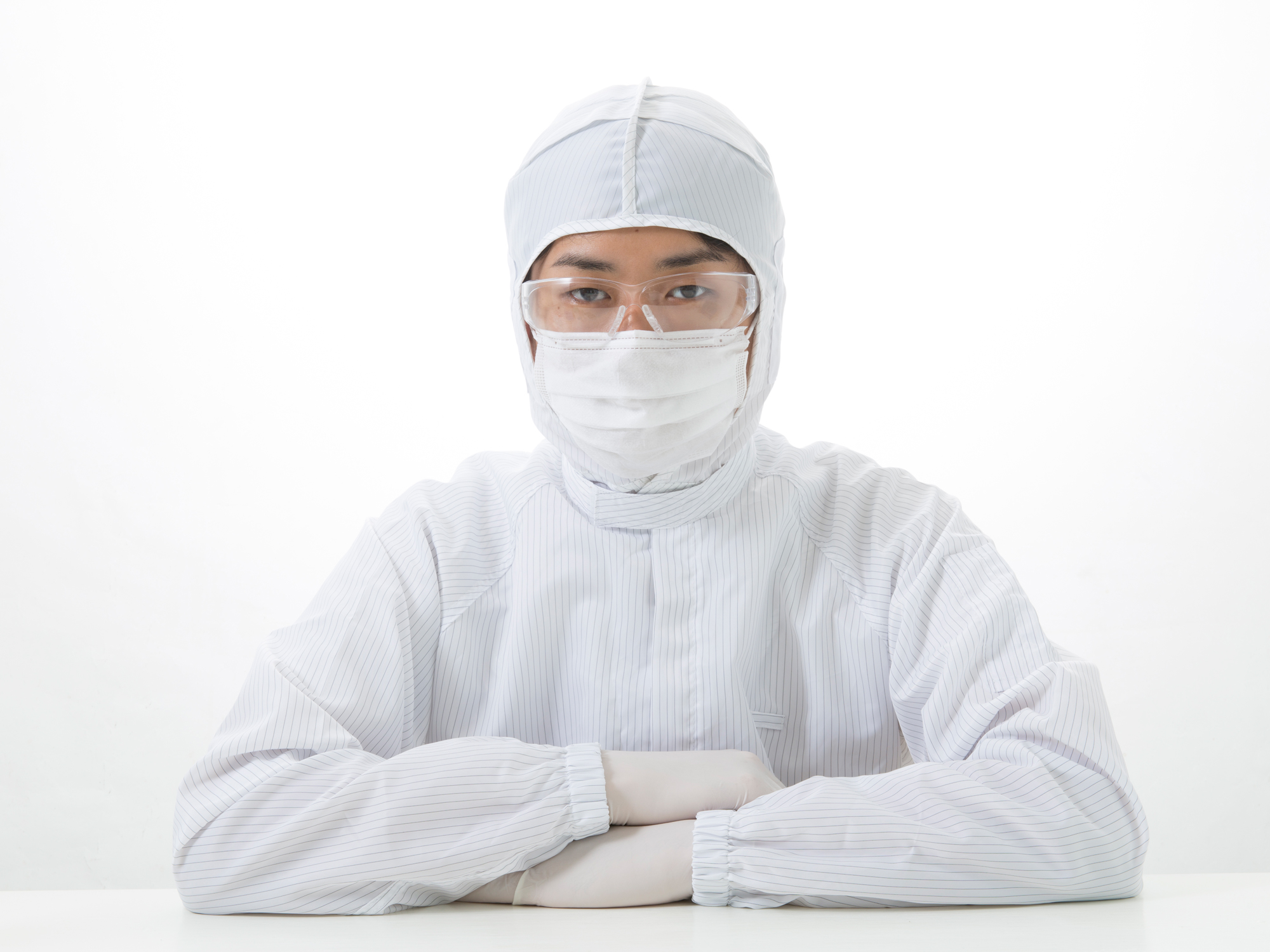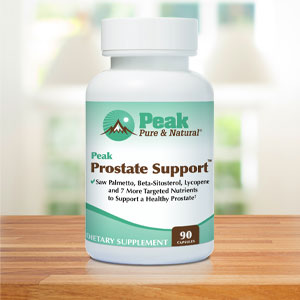Get Easy Health Digest™ in your inbox and don’t miss a thing when you subscribe today. Plus, get the free bonus report, Mother Nature’s Tips, Tricks and Remedies for Cholesterol, Blood Pressure & Blood Sugar as my way of saying welcome to the community!
Don’t let germaphobia steal your fertility

Americans are way too obsessed with killing germs…
Take Triclosan for example.
Triclosan is an antimicrobial substance commonly used in personal care items like shampoo, toothpaste, antibacterial soap, deodorant and antiperspirant, and shaving cream.
Some manufacturers are making efforts to eliminate the chemical from their products, but it is still found in many items on the market, while all-natural, organic items are typically free of this chemical.
One reason manufacturers are moving away from using Triclosan is that it has been shown to have a significant effect on numerous aspects of human health.
In fact, in December 2017, the Food and Drug Administration announced that Triclosan is no longer considered to be Generally Recognized As Safe (GRAS) and that products containing it and that are intended for use in over-the-counter health care antiseptics used by health care professionals may not be marketed any longer unless they undergo premarket review.
Here are a few reasons why you’ll want to avoid it…
Triclosan and male fertility
Triclosan has been found in nearly 100 percent of urine samples taken in studies conducted among men.
One study of 471 men, for example, identified the chemical in 96.7 percent of the urine samples. In that study, the authors were the first to show that low exposure can significantly impact the quality of semen and result in low sperm concentration, low sperm count, and lower percentage of structurally normal sperm when compared with healthy sperm.
In a subsequent study involving 315 men (younger than 45 years) recruited from a male reproductive health clinic who had normal sperm concentrations, Triclosan was detected in 84.13 percent of urine samples. Analysis revealed a positive association between higher concentrations of the substance and the percentage of sperm with abnormal structure.
The authors concluded that their work “provides evidence that exposure to Triclosan is associated with poorer semen quality” and therefore a negative impact on male fertility.
Triclosan and the heart
Studies of its impact on the heart have so far focused on animals.
At the University of California Davis, mice exposed to one dose of Triclosan experienced a 25 percent reduction in heart muscle function and an 18 percent decline in grip strength. Exposure of human heart muscle and skeletal muscles to a dose similar to that of everyday exposure resulted in failure of both heart and skeletal muscles to function.
Other health impacts of Triclosan
Once again, research has been limited to animals, but the findings are worth noting…
In both frogs and rats, exposure has been associated with disruption of the thyroid hormones, even at low levels. The Food and Drug Administration also has warned that “animal studies have shown that Triclosan alters hormone regulation” and that exposure to the chemical “contributes to making bacteria resistant to antibiotics.”
You have a choice when it comes to selecting personal care products. To protect yourself follow these tips…
- Become a label reader and look for the presence of Triclosan before you make a purchase.
- Look for all-natural products that use organic ingredients, including essential oils, to help ensure you steer clear of this substance and other harmful ingredients, such as parabens, phthalates, propylene glycol, and fragrances, among others.
See also: 6 Reasons Men Should Avoid Wearing Aftershave
Sources:
- American Academy of Family Physicians. FDA finalizes ban on triclosan, other OTC antiseptics. 2017 Dec 22
- Cherednichenko G et al. Triclosan impairs excitation-contraction coupling and Ca2+ dynamics in striated muscle. Proceedings of the National Academy of Sciences 2012 Aug 13
- Jurewicz J et al. Environmental levels of triclosan and male fertility. Environmental Science and Pollution Research International 2018 Feb; 25(6): 5484-90
- Mercola J. Triclosan: the soap ingredient you should never use—but 75% of households do. 2012 Aug 29
- Zhu W et al. Environmental exposure to triclosan and semen quality. International Journal of Environmental Research and Public Health 2016; 13(2):224.













